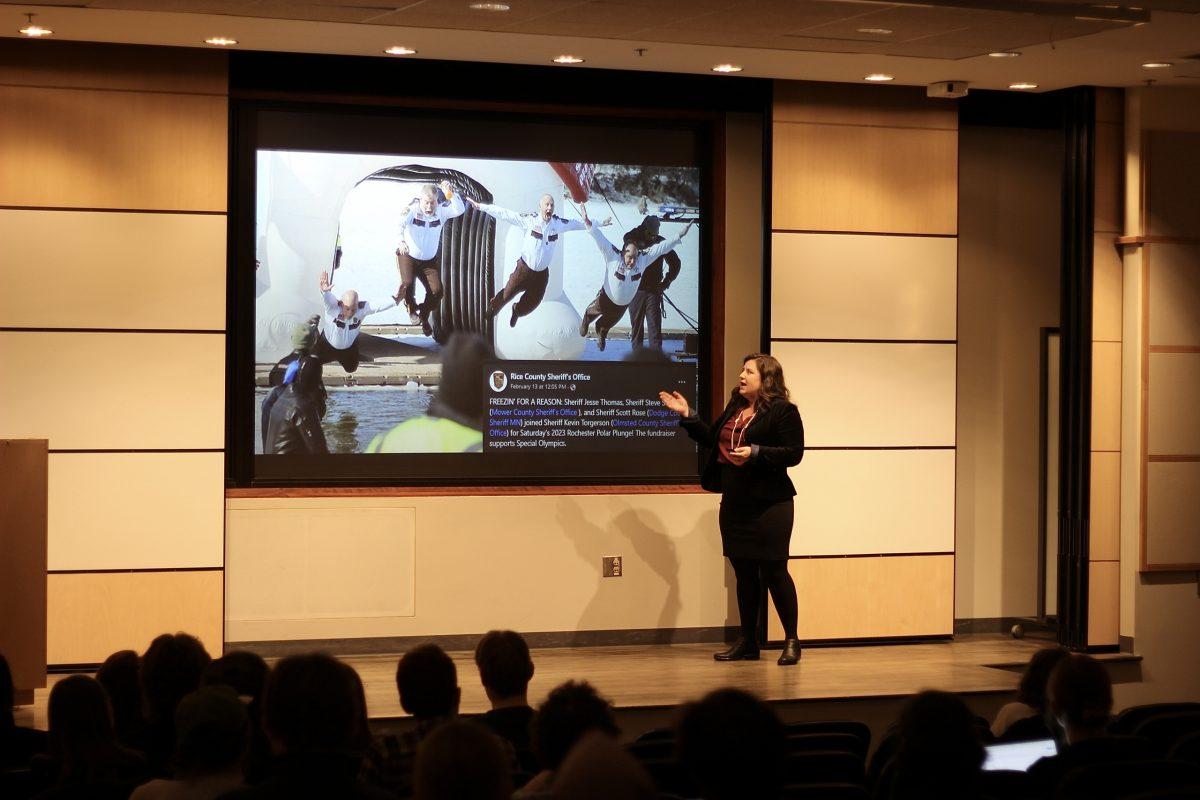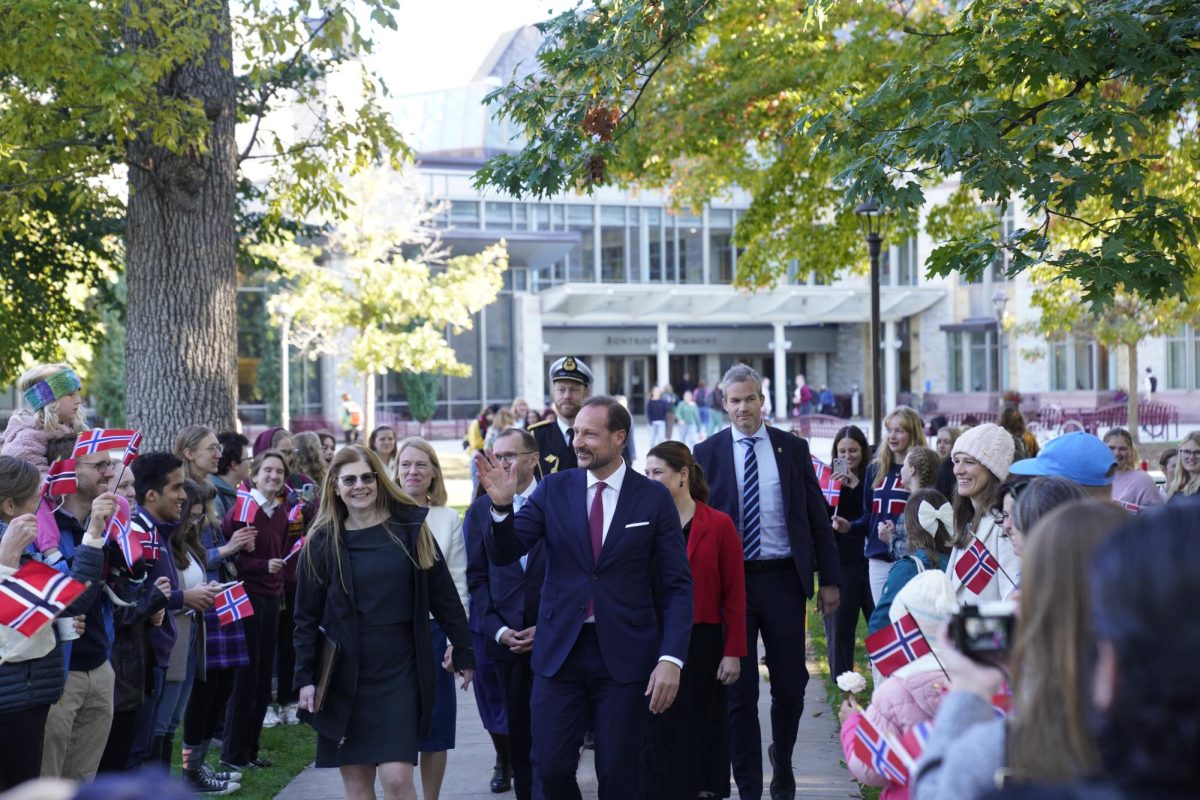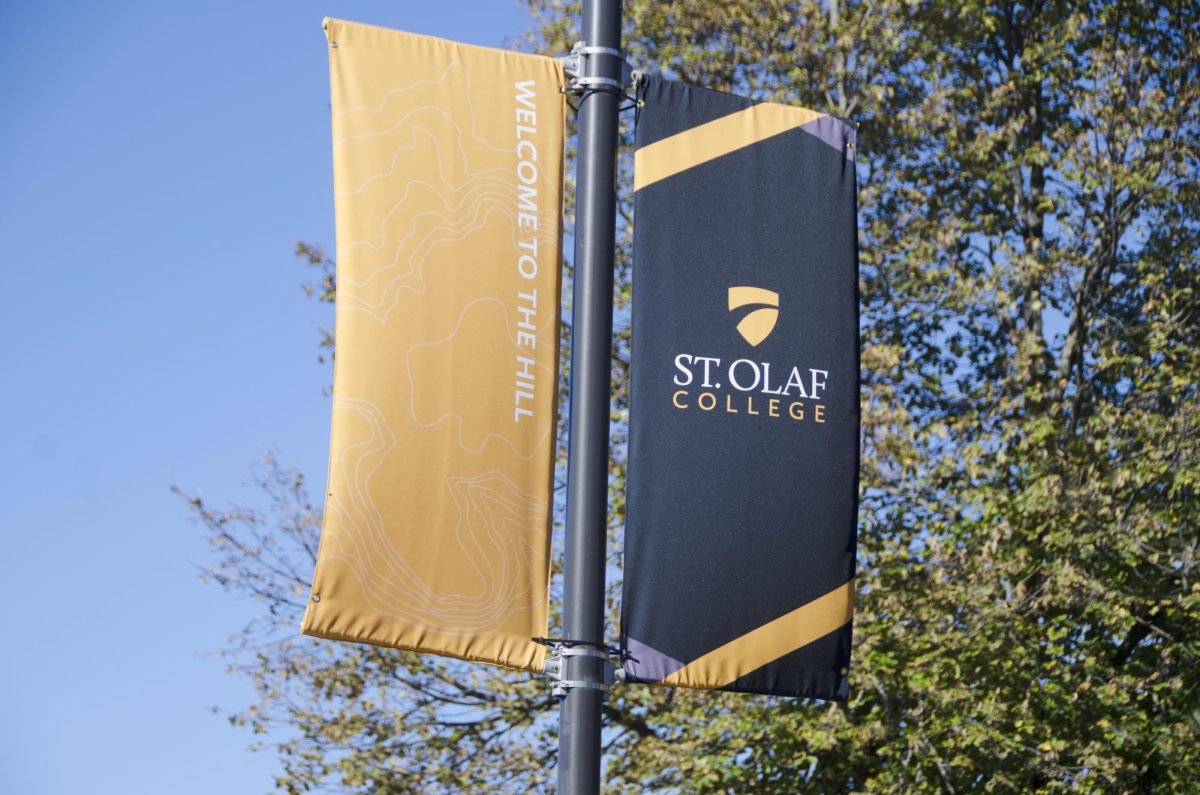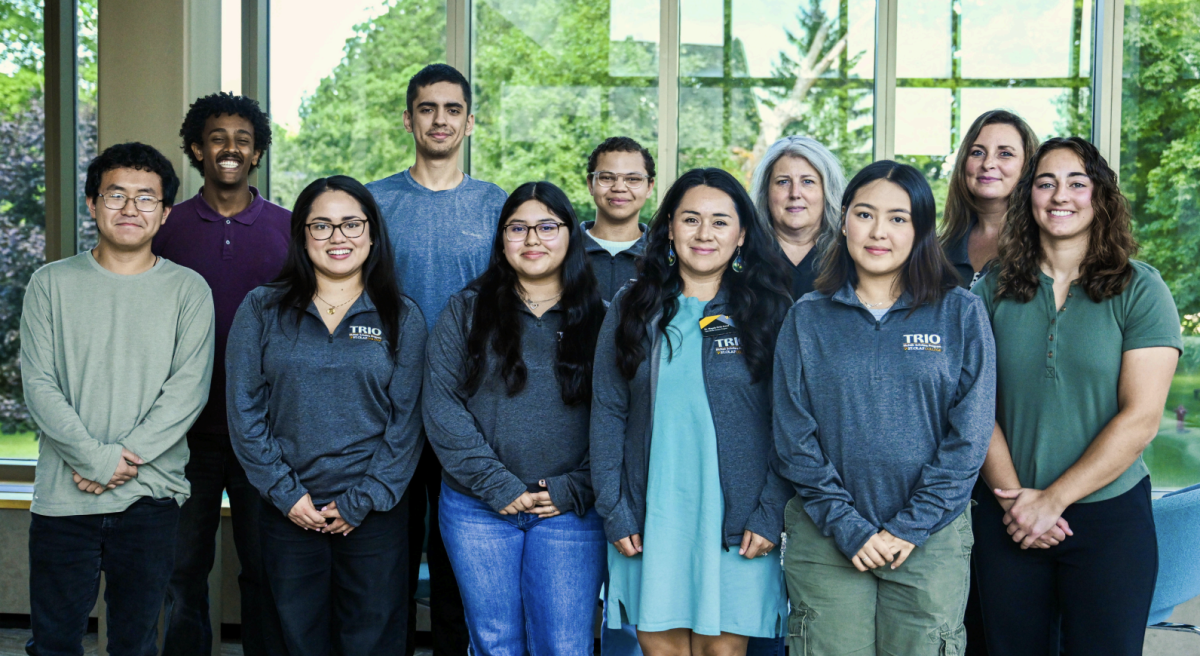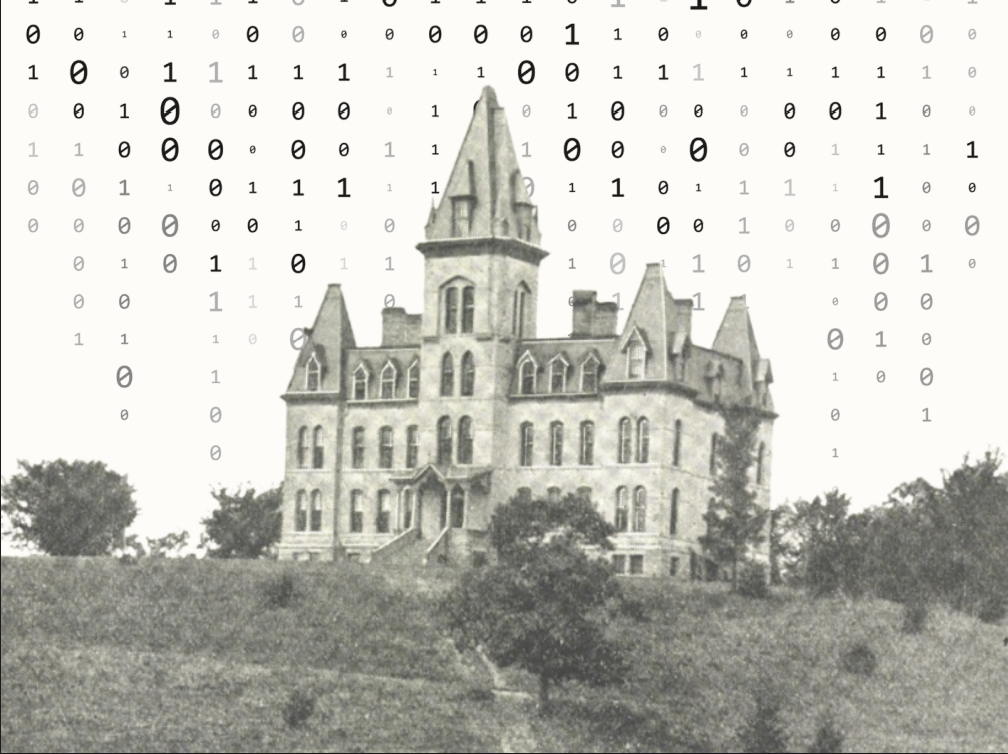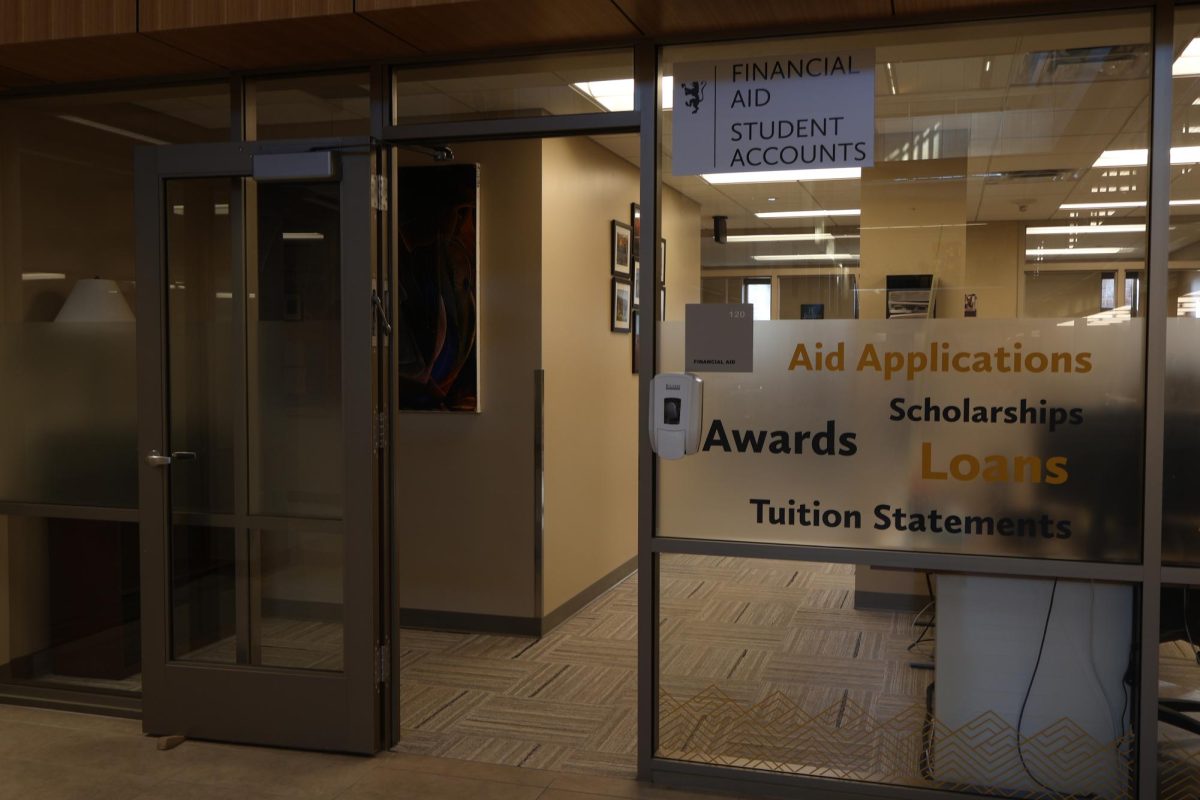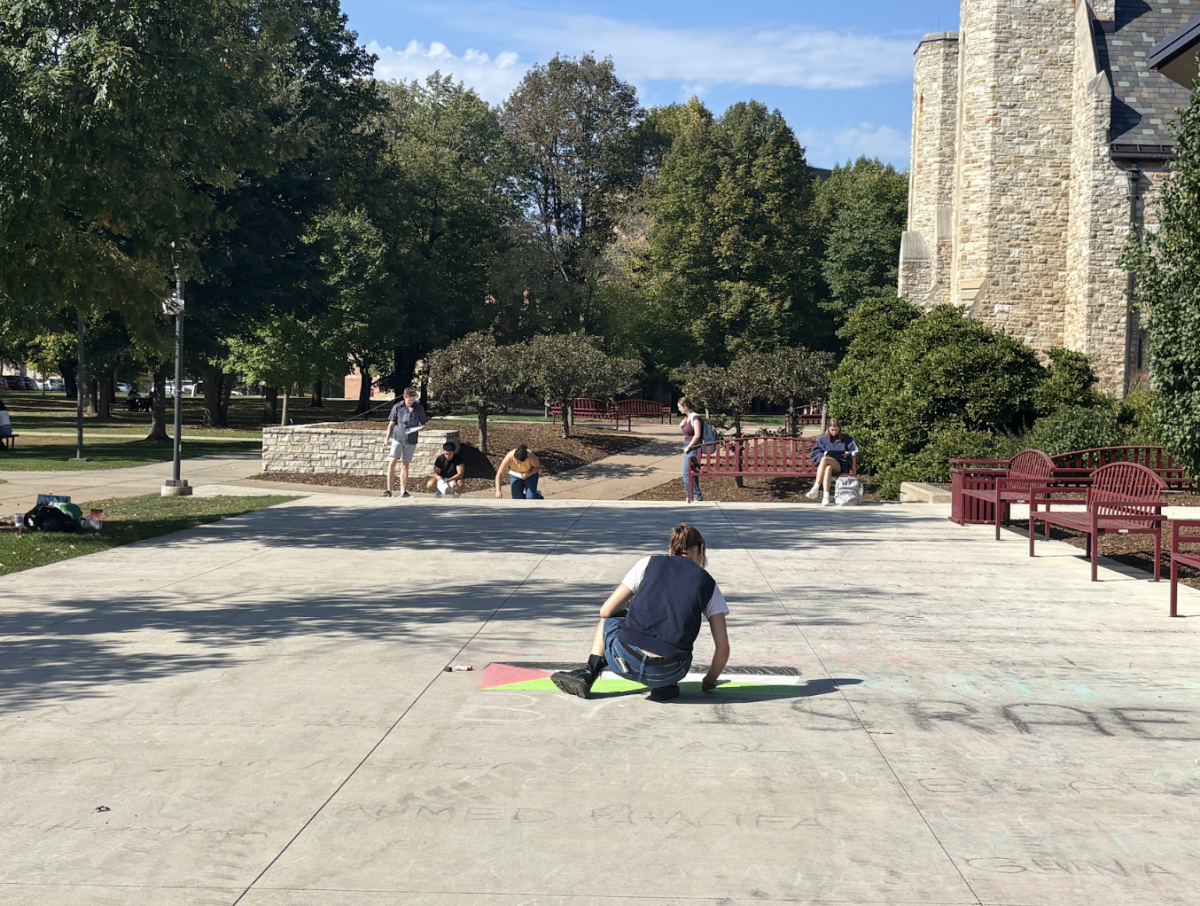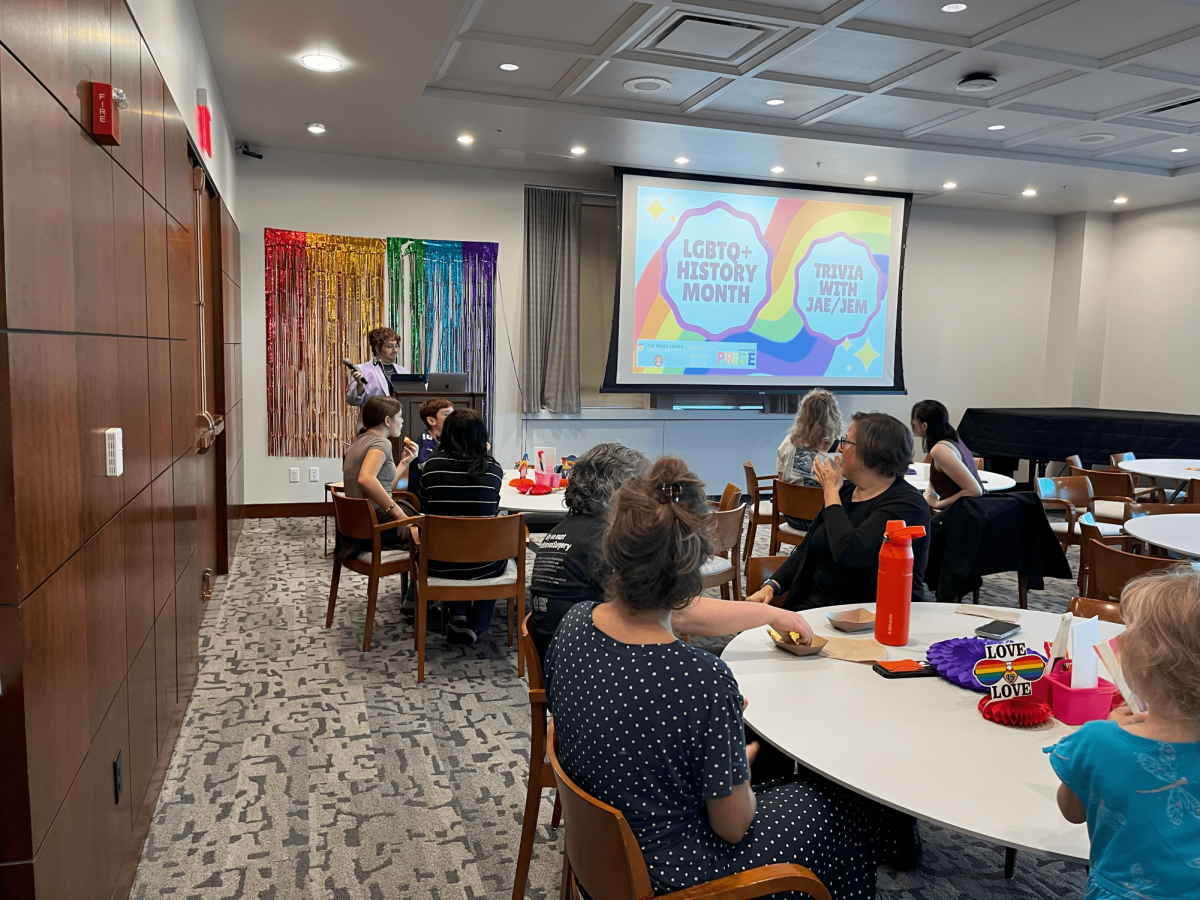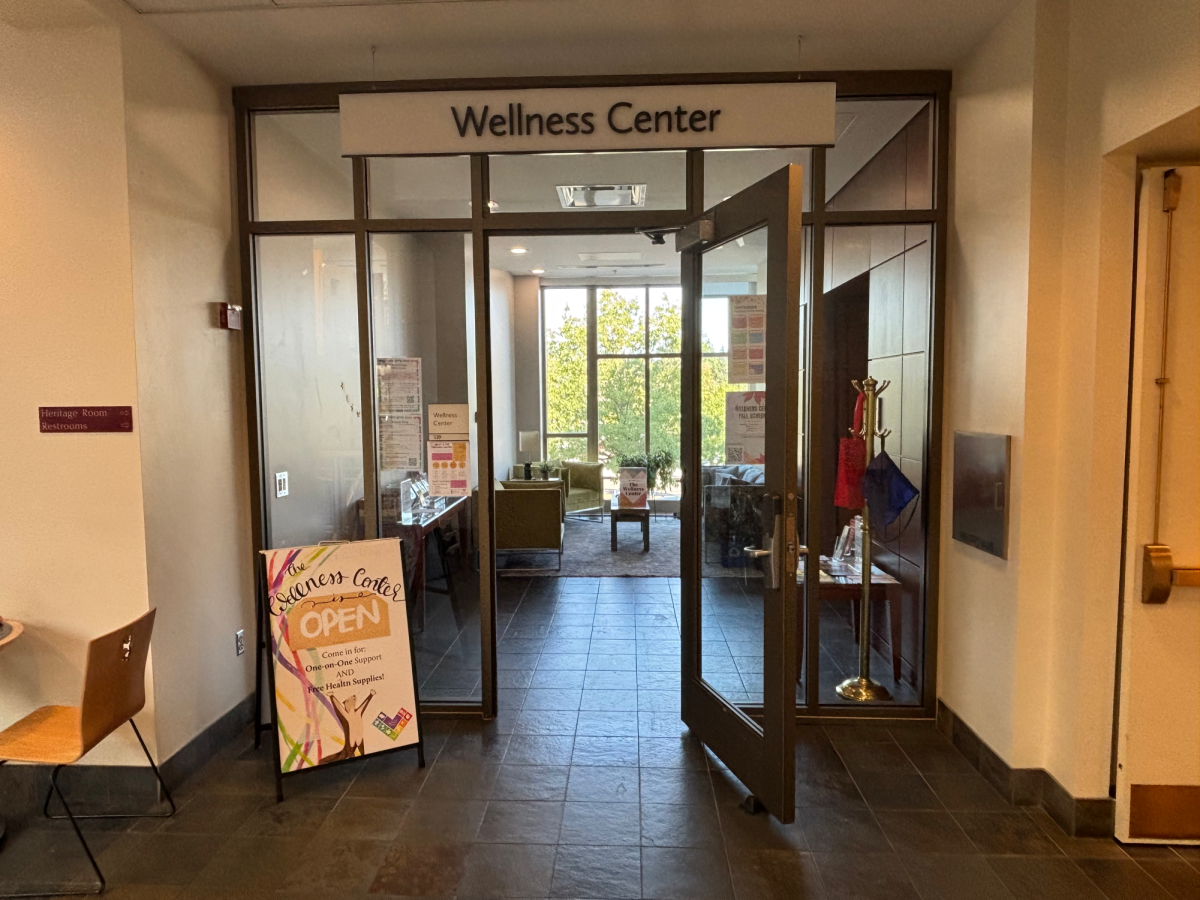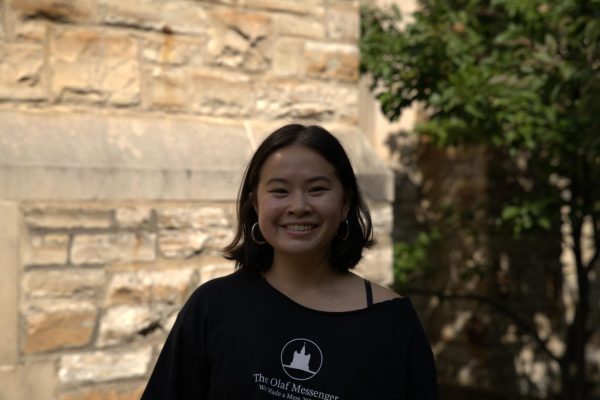On Feb. 27, The Institute for Freedom and Community (IFC) kicked off its spring series, “The Challenge of Criminal Justice Reform in America,” with Associate Professor of political science Mirya Holman of Tulane University. Holman’s presentation, “The Power of the Badge: Sheriffs and Inequality in Criminal Justice Policy in the United States,” focused on the important role sheriffs play in firearm policy. She stated that more than 80 percent of sheriffs believe that it is important to protect Americanns’ right to own guns and 70 percent believe that gun laws should be less restrictive than they are today. Holman hopes people will understand that sheriff accountability rests on local voters, that reformers must turn their attention to sheriffs, and how sheriff roles affect government policies and the survival of federalism in the U.S.
The IFC, led by its new director, political science professor Christopher Chapp, is trying something new with the spring series — all speakers are selected based on academic needs. Faculty members are able to recommend speakers by filling out an application based on their needs for their courses. For instance, this semester numerous classes are focusing on the criminal justice system and some professors even assigned works by Holman. “They were exposed to her work as well as reading a bunch of other academic articles, so being able to then talk to and engage with one of the authors was fantastic,” said Visiting Instructor in Political Science Zeke Wright, who is currently teaching Introduction to Public Policy.
“I see that the IFC’s role is to amplify those discussions that happen in the classroom,” Chapp said. “What I’m hoping is that students are developing a framework to analyze important public policy issues and have mature, sophisticated conversations about these issues. I hope we get better perspective taking. I think that’s part of the institute’s mission: to be able to see these public policy issues from different perspectives.”
The IFC is working on turning future series into interdisciplinary seminars in order to engage with various viewpoints. They would like to host a wide variety of speakers within the chosen topic in order for students to broaden their perspectives and understandings. In doing so, Chapp hopes students will learn how to engage civilly with one another in discourse. “I think we’re all better when we build in intentional structures for dialogue and cooperation,” he said.
Moving forward, the IFC hopes to host more diverse speakers, assemble more workshops, and engage more with conversations happening within the classroom.
